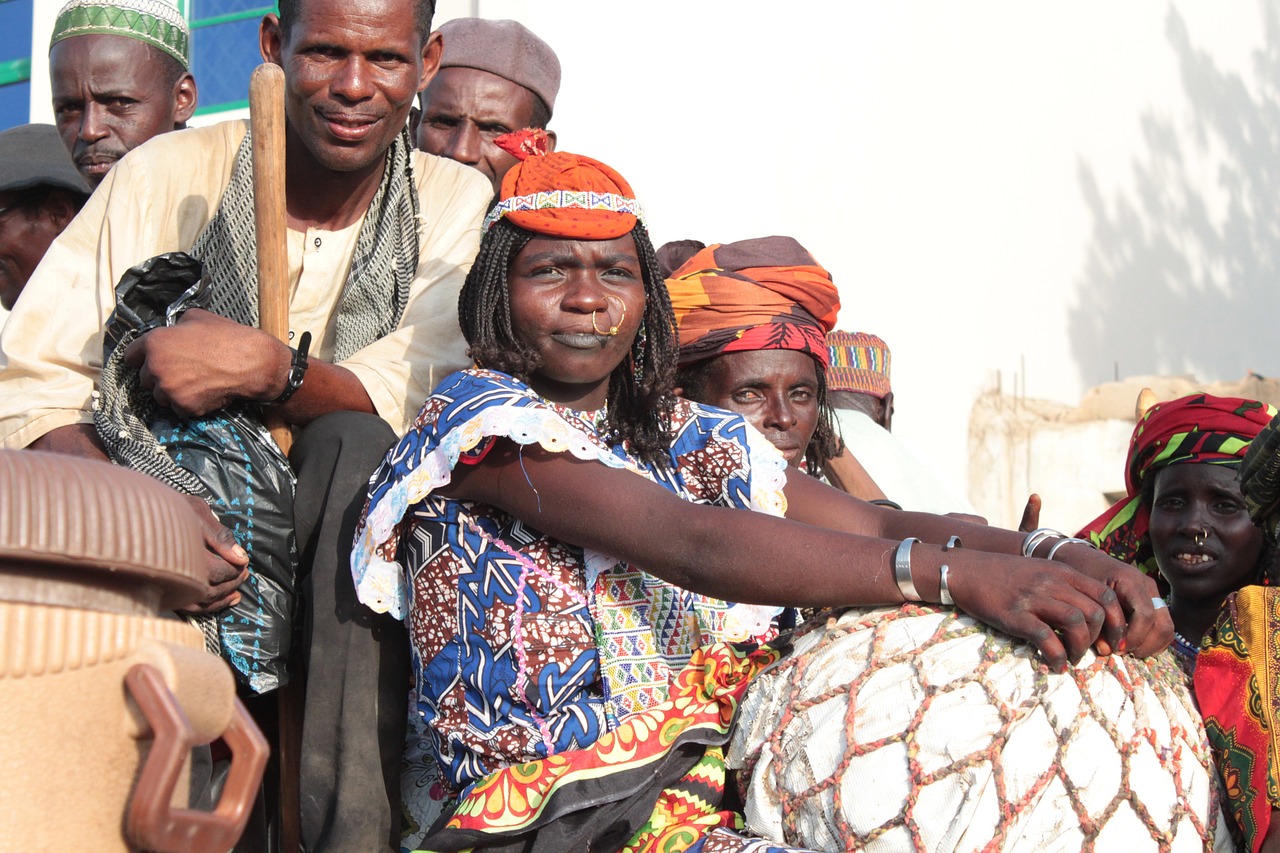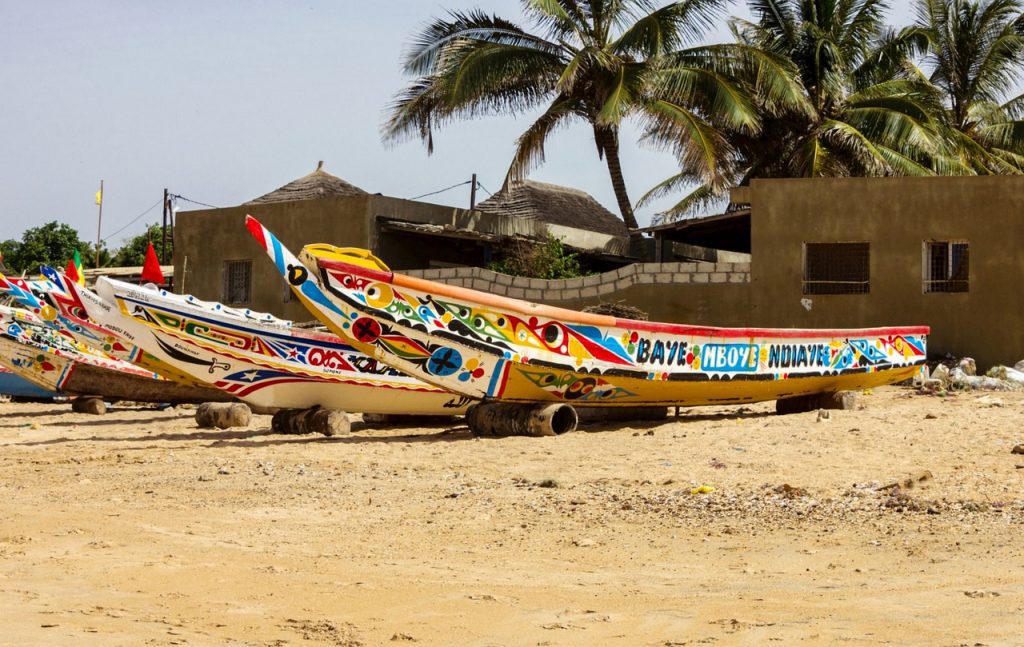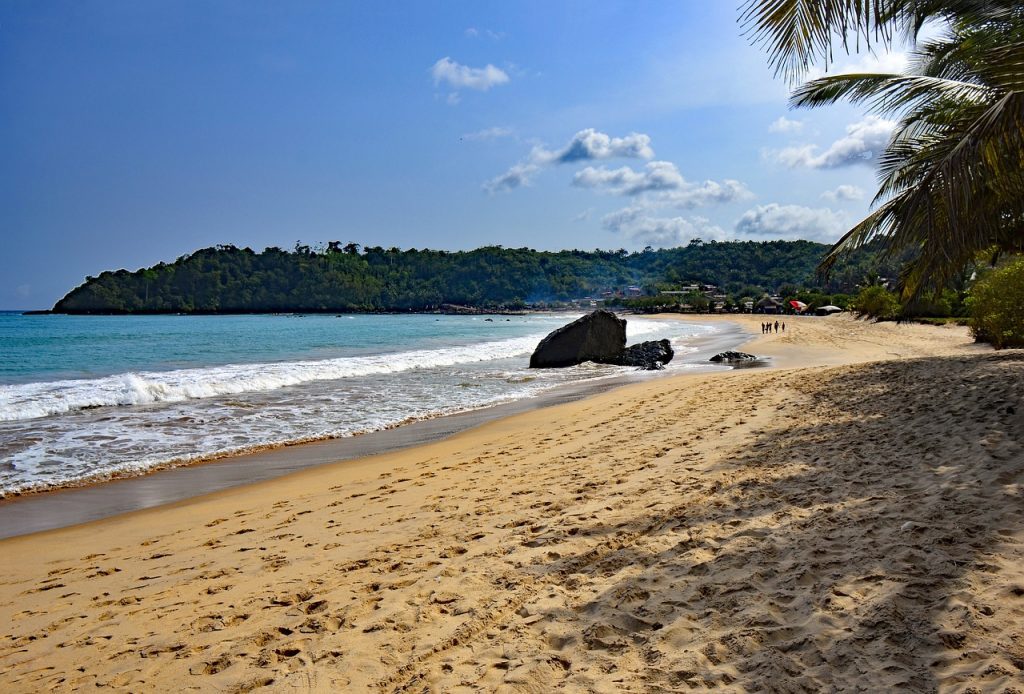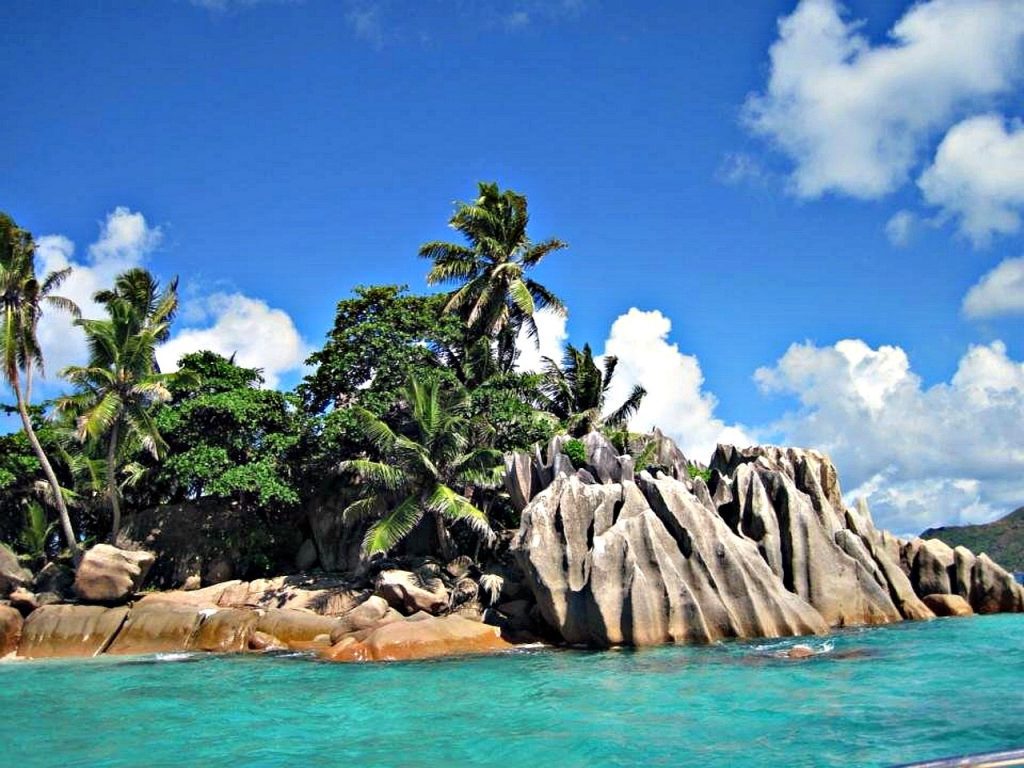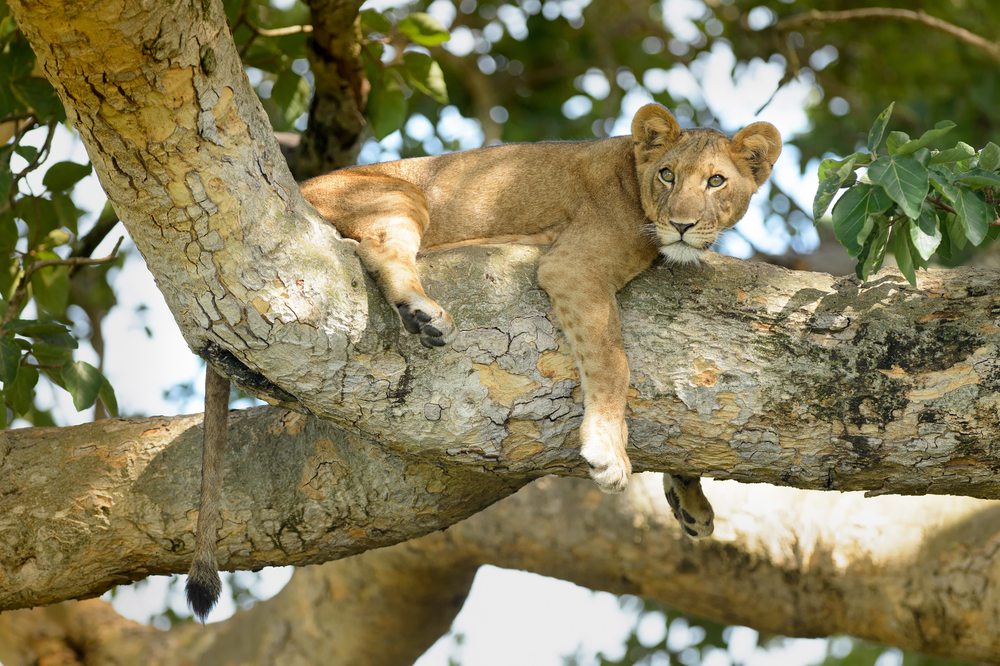Nigeria is the most populous country in Africa. It is a place of booming business. With so much hustle and bustle, it beckons the question when is the best time to visit Nigeria? This question is essential for travelers looking to experience the diverse landscapes, cultures, and wildlife of this West African nation.
The weather, cultural experiences, and crowds all play a part in determining the best time to go to Nigeria. You can find insights below that will help you plan your perfect Nigerian adventure.
Best Time to Visit Nigeria based on the Weather
Nigeria does not experience the traditional winter, spring, summer, and fall seasons. The country basically has two primary seasons: the wet season and the dry season. Understanding these seasons is crucial for planning your trip.
Dry Season (November to March): Ideal Weather for Exploration
- Weather: The dry season, often referred to as the harmattan season, brings clear skies, cooler temperatures, and less humidity. Daytime temperatures range from 77°F to 95°F (25°C to 35°C).
- Activities: This is the best time to explore Nigeria’s natural wonders, such as national parks, game reserves, and scenic landscapes. The weather is perfect for outdoor activities.
Wet Season (April to October): Lush Greenery and Cultural Festivals
- Weather: The wet season brings rainfall and higher humidity. Daytime temperatures range from 75°F to 90°F (24°C to 32°C). Rainfall varies across regions, with the coastal areas experiencing more rain.
- Activities: While outdoor activities can be affected by rain, the wet season is an excellent time to experience Nigeria’s cultural festivals, vibrant markets, and cultural immersion.
Best Time to Visit Nigeria based on Prices and Crowds
Nigeria is almost always busy. Although any tourism only increases the crowds and navigation. Your choice of when to visit Nigeria can also impact your budget and the crowds you encounter.
High Season (December to February):
- Prices: The dry season coincides with the holiday season, resulting in higher prices for accommodations and tours. Advance booking is advisable.
- Crowds: Expect more tourists, especially in popular destinations and during the festive period.
Shoulder Seasons (March to May and November):
- Prices: Prices are generally lower during the shoulder seasons, making it an attractive option for budget-conscious travelers.
- Crowds: Crowds are thinner compared to the high season, offering a more peaceful and intimate travel experience.
Low Season (June to October):
- Prices: The wet season is considered the low season for tourism in Nigeria. Accommodation rates are often significantly lower, offering budget-friendly options.
- Crowds: The number of tourists is lower during this period, providing a more exclusive experience. However, be prepared for occasional rain.
Discovering Nigeria’s Cultural Experiences
Nigeria’s rich and diverse cultures are celebrated year-round through various cultural festivals and events. Consider planning your visit around these cultural highlights.
– Durbar Festival (Eid al-Fitr and Eid al-Adha): Witness colorful parades, traditional horse riding, and cultural displays during these Islamic festivals.
– Ojude Oba Festival (August): Experience the Yoruba culture in Ijebu-Ode with a grand procession of traditional rulers, horsemen, and age groups.
– New Yam Festival (Various Dates): Celebrate the harvest season in different regions of Nigeria with rituals, dances, and feasts.
– Argungu Fishing Festival (February/March): Enjoy traditional fishing competitions and cultural performances in Kebbi State.
Exploring Nigeria’s Nature & Wildlife Experiences
Nigeria is not known for its wildlife and nature experiences. However, the country offers unique opportunities for nature and wildlife enthusiasts. The timing of your visit can influence your encounters.
– Yankari National Park (Dry Season): Explore Nigeria’s largest wildlife park during the dry season to see elephants, lions, hippos, and more.
– Cross River National Park (Dry Season): Discover pristine rainforests, rare primates, and diverse birdlife in this biodiverse park during the dry season.
– Lekki Conservation Center (Year-round): Visit this urban nature reserve near Lagos for a canopy walk and wildlife viewing.
– Erin Ijesha Waterfall (Year-round): Enjoy the beauty of this cascading waterfall, which flows year-round, but paths may be more challenging during the wet season. The wet season also brings more water flow over the falls.
Summary
The best time to visit Nigeria depends on your interests and priorities. For outdoor adventures and exploring natural wonders, the dry season is ideal. If you prefer cultural experiences and lower prices, consider the shoulder and low seasons.
Embracing Nigeria’s cultural festivals enhances your understanding of the nation’s diverse heritage. Wildlife enthusiasts can plan visits to national parks and conservation areas based on the seasons.
Whichever time you choose to visit Nigeria, you’ll encounter warm hospitality, vibrant cultures, and a land of natural beauty waiting to be explored.

